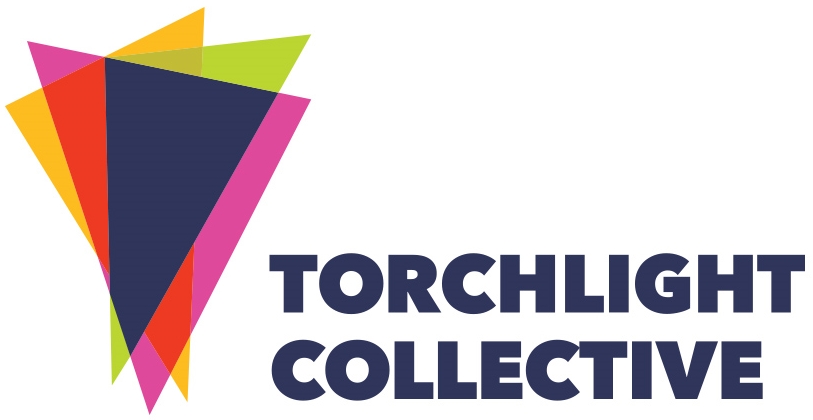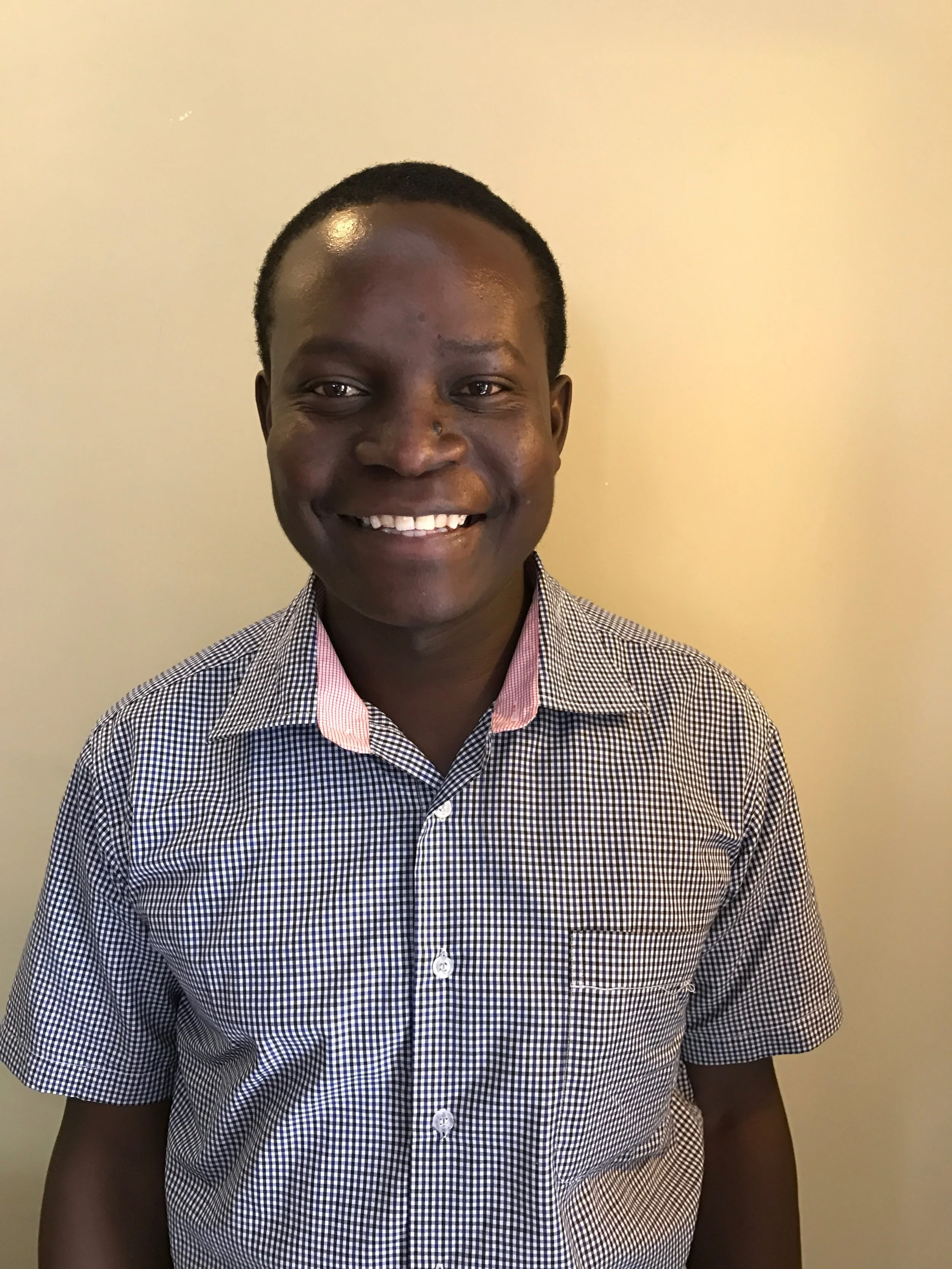By Michael A. Asudi
The African Union (AU) has declared 2017 the year of harnessing the demographic dividend through youth investments. This theme encourages AU member countries to prioritize youth investments that simultaneously address the four pillars of the demographic dividend:
- Employment and Entrepreneurship
- Education and Skills Development
- Health and Wellbeing
- Rights, Governance and Youth Empowerment
The demographic dividend is the economic benefits that come from a change in population structure where a country moves towards a larger, educated, healthy, and employed working age population with a smaller dependent population. This year’s AU theme offers a rare opportunity to address not only SRHR investments -- or the contraception and reproductive health services that will change the population structure -- but offers young people the opportunities to tie in the multi-sectorial investments that will empower youth with better education, more accessible health facilities, and job creation initiatives.
On the subject of jobs, the focus of many African youth who are taking part in this year’s Summit is on job creation and skills-building programs. Kenya for example is facing a myriad of challenges with its young population that could be better engaged in productive skills-building activities.
Therefore, this year’s AU Summit could bring about an honest conversation about the necessary youth investments to ensure our productivity and competitiveness in the job market. Our coalition of young Kenyan SRHR advocates were trained on the demographic dividend in Nairobi this month, and while at the Summit we identified certain recommendations and solutions to the challenges faced in the education and skills development pillar of the demographic dividend. We believe that in Kenya, innovation centers could address skills building AND SRHR needs.
We believe that a multi-sectorial solution could be Innovative Youth Intervention Centers, or Youth Friendly Centers, that are open 24 hours and include skills-building programs, resume development, youth friendly SRH services, sports, and entertainment spaces.
These centers should be in both urban and rural zones, well-equipped and have paid staff trained to deliver youth-friendly services’. Through such interventions, the youth will seek assistance freely and without fear of judgment or fear of someone ‘watching’ his/her moves. As Kenyan youth ourselves, we believe that if these centers have clear systems of accountability, and offer the information sought objectively and without stigmatization or judgments, they could make a huge impact in education, health, and preparing for the job market.
With our recommended intervention, we the Kenyan youth will feel, and say, that the Innovative Youth Intervention Center, is ours, ni yetu!


